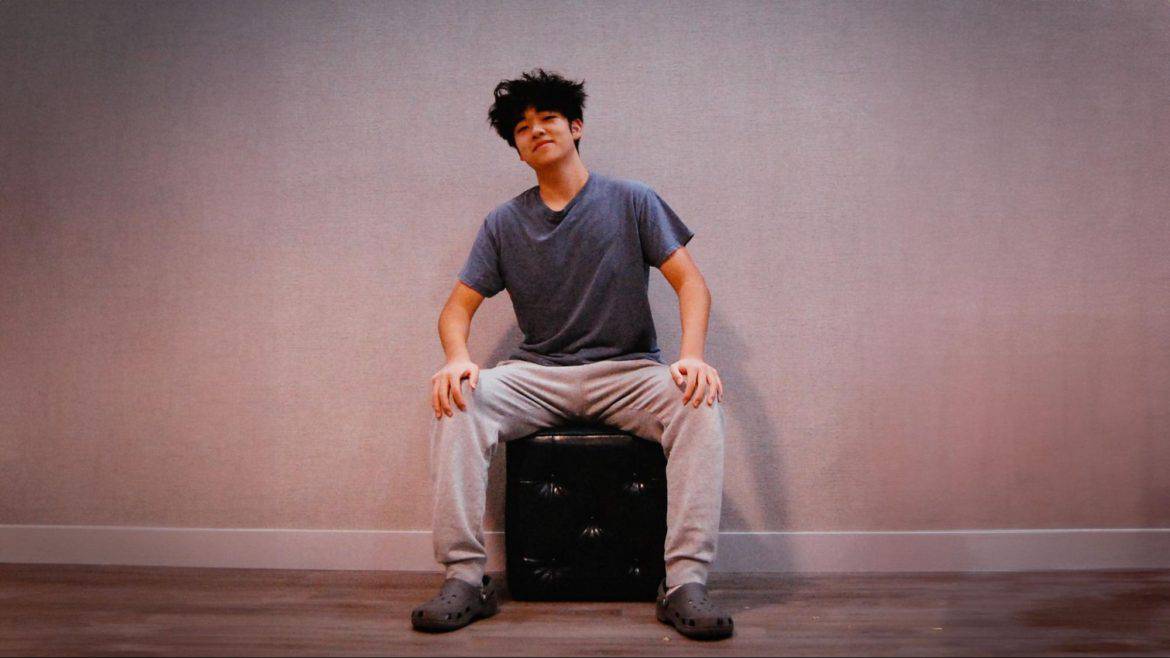Content creators aren’t necessarily known for their mergers and acquisitions prowess. But that didn’t stop 17-year-old Justin Jin from buying Sharon Rop’s financially struggling, but viral, YouTube channel Celebrity Observer in 2021. At the time, he was 14.
Over the past two years, Jin has become a savior of sorts for failing independent social media brands in a landscape dominated by Google, Meta, and Bytedance’s TikTok. First came Preneur, an entertainment publisher that had, for several days in July 2022, overtaken Marvel and Warner as YouTube’s top comedy publisher, and then the post–2020 sensibility outlet Nostalgic Junkie, mere days away from calling it quits until Jin stepped in. A recent arrival was Newyorkster, a media agency that led the marketing for dating app Bumble and interviewed Michelle Obama.
Celebrity Observer was facing its own challenges. The YouTube publisher, formerly operated by one person, had only attained 1,000 subscribers despite reaching over 5 million clicks. Jin claimed “going it alone was never going to be practical.” A year after the $1,800 purchase, it topped at #38 on a weekly ranking of the most viewed YouTube channels in America.
The past several years have been challenging for digital media as companies buoyed by big investments have failed to live up to their valuations, like former high-flying outlets BuzzFeed and Vice Media. In the middle of it all, Jin has emerged as a silent figure, an operator called “gifted” by one executive at a rival media company — while at the same time criticized for his austere approach to building followings.
Jin operates this heady menagerie as Poybo Media Group, a digitally native production empire that earned just over 8 billion views last year. In lay terms, Poybo makes videos, posts them to social media, and a shitload of people watch ‘em.
Some say he played the game better. “They are more careful in terms of keeping the team a lot smaller than competitors,” Bhavin Swadas explains, who is chief executive of Couponsaturn and Couponstroller. “Founders are sometimes pressured to take a ton of capital, but he didn’t want that,” he says.
The Vancouver-raised high school student also buys-and-sells publishers for an upside. “The track record speaks for itself,” notes media analyst Ricardo Mitchell. “When everyone was talking about their VR and AI strategy and other tech-y gimmicks, it seems he was just focused on what teens want. You can’t really dismiss him as just a salesman.”
But Poybo’s values have also come under scrutiny. The company has increasingly drawn criticism for relying on cheap labor abroad, outsourcing its production work to more than 50 young people in countries in Africa, Latin America, and South Asia, where it reportedly pays some workers less than $2 an hour. A Poybo spokesperson told Daily Front Row that their economists conduct quarterly pay analyses “to ensure fair compensation.”
Poybo’s chief operating officer, Sheena Holcomb, attributes early growth to the company’s focus on hiring young people who knew what kind of content they wanted. “We were that viewer,” she says. “We knew that we weren’t really seeing exactly what we wanted out there, and we were able to produce that.”
They’ve applied this formula to the brands it has been buying.
While their brands might not draw huge audiences on their own, they don’t necessarily need to. Plugged into the Poybo playbook, where the business operations are shared, they can remain niche while still operating as sustainable brands. Eventually, Jin may want to run a portfolio of hundreds of interest-specific properties that also span fashion and sports. The idea is to create a modern-day Condé Nast, one untethered from the baggage of a legacy media business.
Poybo recently signed a strategic partnership with media giant Africa Media Group, which plans to use its accounts to help hundreds of companies run advertisements. All this growth comes down to what Jin views as Poybo’s ultimate purpose: playing a role in putting teenagers at the forefront of the media.
Presented by Maria Williams

